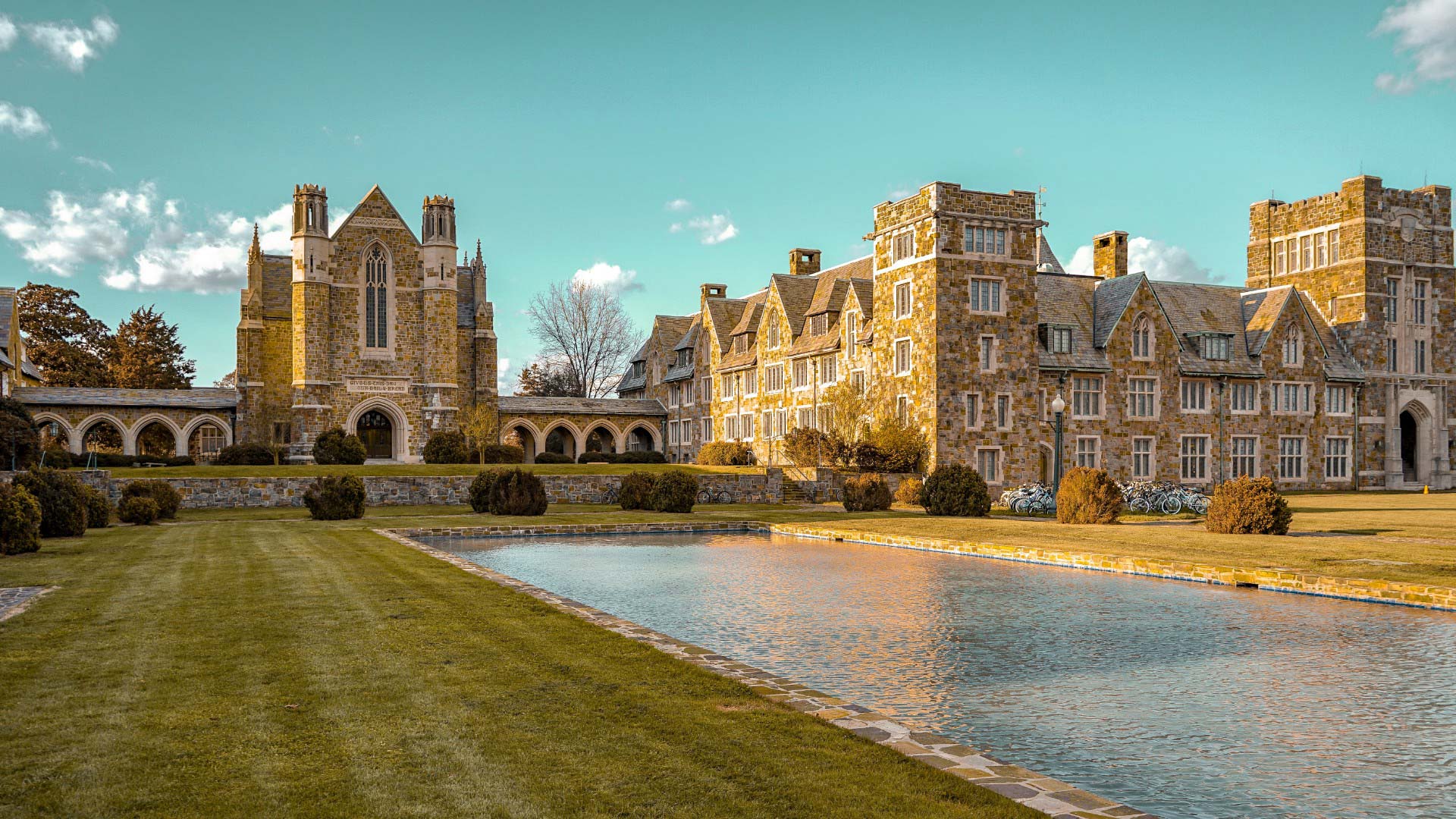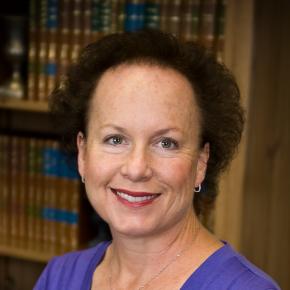William Wilberforce is well-known for his decades-long persistence getting legislation passed to outlaw the slave trade in the British Empire. He and a group of Christians called the Clapham Sect (because that is where they were from) were motivated by their Biblical belief in human value and the value of God’s creation to pursue other ways of solving other social ills. Their campaigns were carried out through a variety of organizations and legislation that they backed. Their goal was to “eliminate public corruption and promote religion in the hearts of the people.... The movement emphasized the worth of the human soul and...the individual,” and their goal was to spark evangelical revival.
In 1787, the Proclamation for the Encouragement of Piety and Virtue punished drunkenness, vulgarity, gambling, and immoral books.
The Philanthropic Society tried to prevent crime by trying to deal with the secondary causes. London’s streets were filled with huge numbers of homeless children who committed crimes. One quarter of the unmarried women in London were prostitutes, many were underage.
The Climbing Boys Society worked to outlaw the practice of children who were sold or kidnapped and forced to work as chimney sweeps, treated as property.
The Society for the Discharge and Relief of Persons Imprisoned for Small Debt pursued prison reform. Early in the 19th century, 3/4 of prisoners were imprisoned for owing small amounts of money, and the conditions were horrible. The Society for the Improvement of Prison Discipline and The Reformation of Juvenile Offenders also attempted to improve these circumstances.
The Society for Bettering the Condition and Increasing the Comforts of the Poor helped correct the abuses of the workhouses. It also introduced policies to improve the economy, hoping to improve conditions for the poor.
Wilberforce and the Clapham group also promoted Sunday School as a way to teach children how to read, to educate them in order to improve their conditions, and so they could read the Bible and learn moral virtue that would serve them well in leading good lives.
The Royal Society for the Prevention of Cruelty to Animals worked to pass legislation to end cruel practices and sports. One example was a “sport” called “bull baiting.” A bull would be tethered with a long enough rope to give him free movement. Dogs, bred for fighting, would be unleashed on the bull, and the animals would fight, each tearing the other to pieces.
Wilberforce and the Clapham sect were Christians. They believed salvation was through Jesus and good works did not earn God’s forgiveness. But they believed in common grace—that society should promote the common good by pursuing objective virtues and morality. Not only are these goods in themselves, they also promote the inherent dignity and value of God’s creation.

